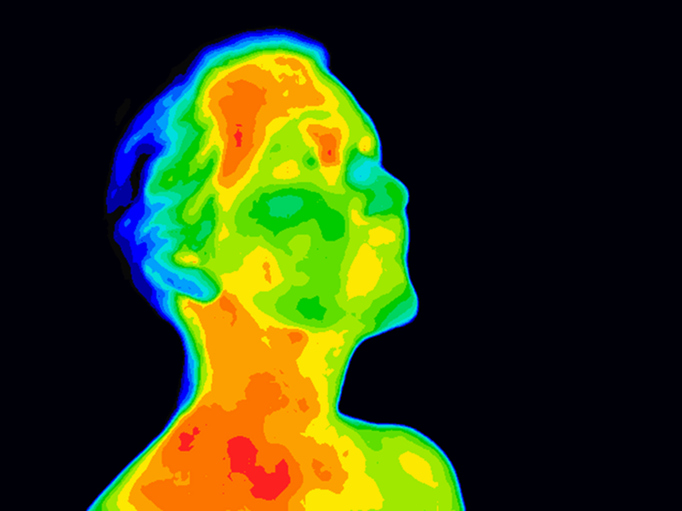Observation
Liberals and Conservatives May Feel Moral Violations Differently

Whether it’s feeling certainty in the gut or a tingle of fear down the spine, we often describe feelings not just in emotional terms but as physical sensations as well. But while all humans have this in common, research in Psychological Science suggests that individuals on the conservative and liberal ends of the political spectrum may “feel” their feelings somewhat differently when their moral expectations are violated.
“It is possible that, as we found, liberals and conservatives feel moral violations in different body regions, interpret them as distinct complex feelings, and subsequently make different moral and political judgments,” Mohammed Atari and colleagues Aida Mostafazadeh Davani and Morteza Dehghani (University of Southern California) write.
As part of the study, the researchers presented 596 online participants with five randomly selected vignettes detailing a moral violation. In line with moral-foundations theory (MFT), the scenarios focused on the domains of care/harm, fairness/cheating, loyalty/betrayal, authority/subversion, and purity/degradation.
In one vignette, for example, participants read, “You see a woman clearly avoiding sitting next to an obese woman on the bus.” They were asked to rate both how morally wrong they felt this action to be, as well as the strength of their emotional response to the behavior, on a scale from 1 to 5. The participants were then presented with two silhouette images on which they colored the areas where they felt an increase or decrease in bodily activity in response to the scenario. Finally, participants self-reported their political orientation and completed a questionnaire assessing the strength of their moral concerns in the MFT domains.
Through overlaying these body maps, the researchers found that each moral concern resulted in a “slightly distinct” increase or decrease in average activity. Most notably, violations of care, fairness, loyalty, and authority were associated with activation in the chest area, whereas purity violations resulted in higher activation in the abdomen.





APS regularly opens certain online articles for discussion on our website. Effective February 2021, you must be a logged-in APS member to post comments. By posting a comment, you agree to our Community Guidelines and the display of your profile information, including your name and affiliation. Any opinions, findings, conclusions, or recommendations present in article comments are those of the writers and do not necessarily reflect the views of APS or the article’s author. For more information, please see our Community Guidelines.
Please login with your APS account to comment.